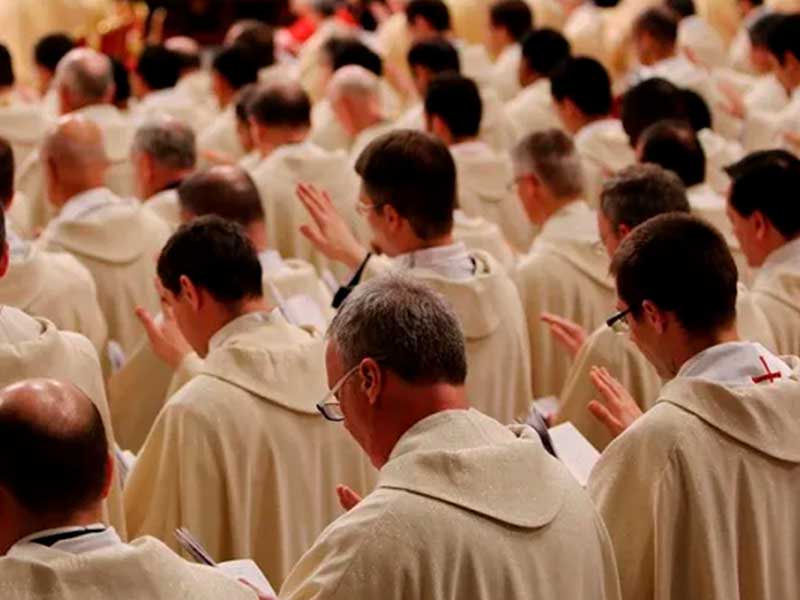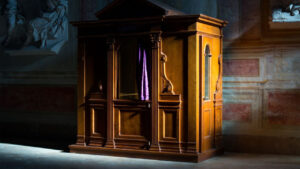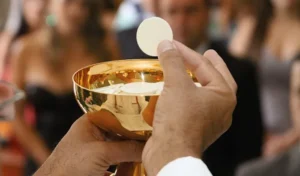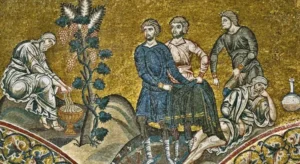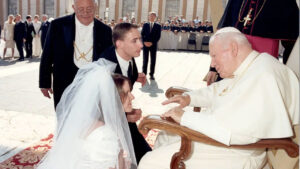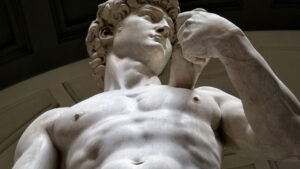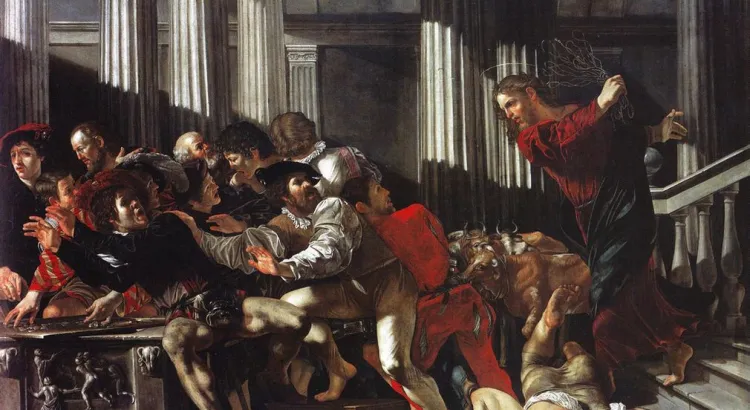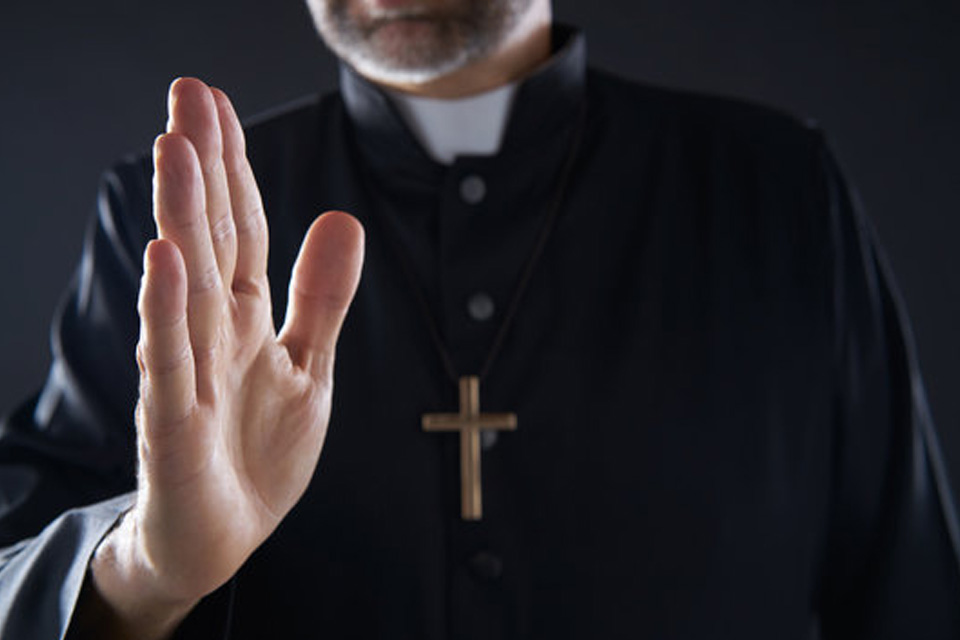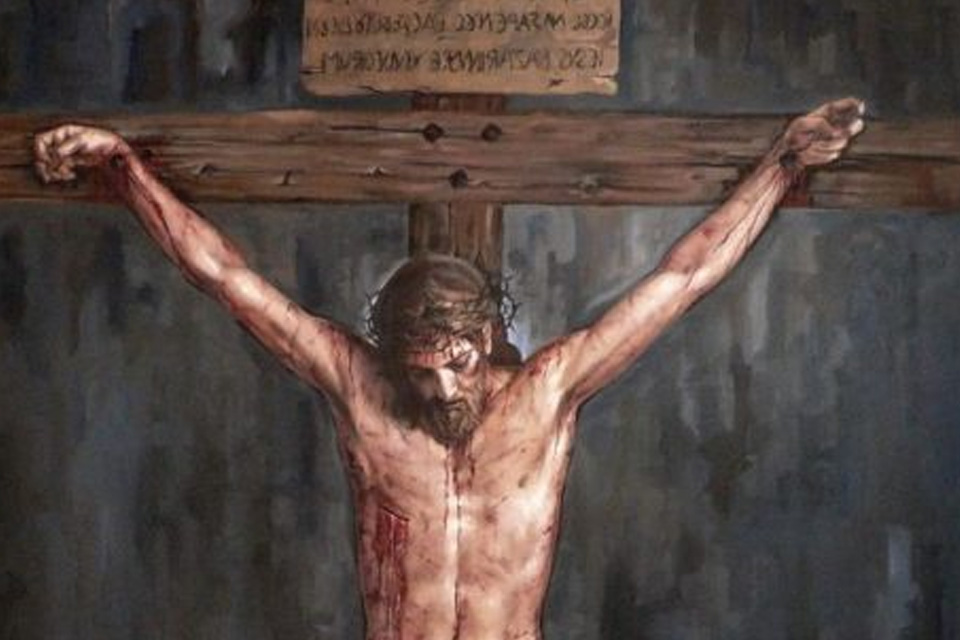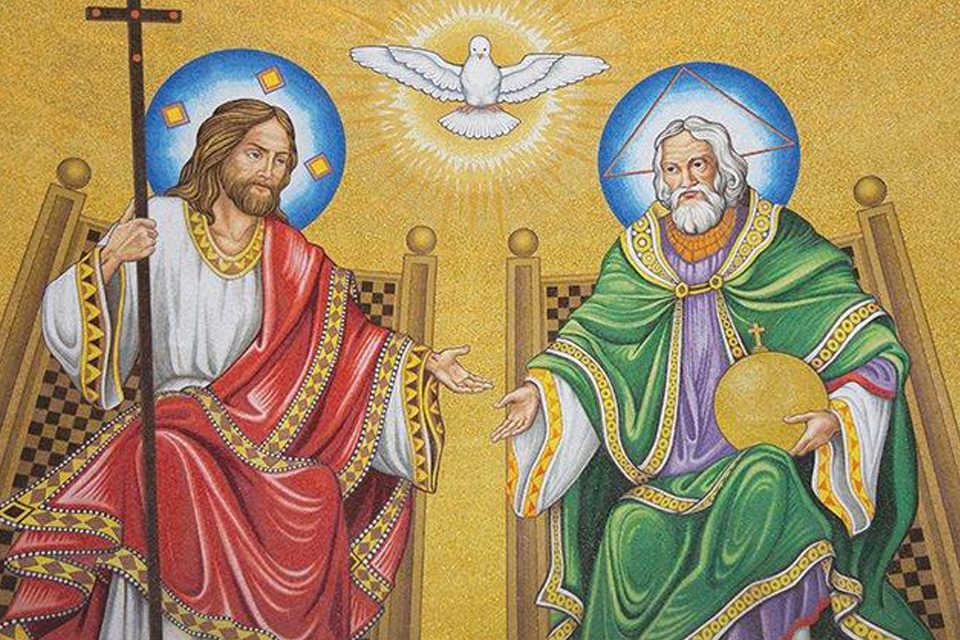Question:
Dear Father,
I think my problem is that of many Catholics, I find it hard to believe in priests. I have had many bad experiences meeting priests unworthy of their mission, who have little concern for the faithful, who are preoccupied with their own interests, or who are simply mundane. As a result, I cannot look at them without mistrust. What can I do?
Answer:
The Memories of Don Bosco recounts how he would use to say to his Salesians: The priest is always a priest and he must manifest this in all his words. To be a priest is to have the obligation to look constantly for the interests of God and the salvation of souls. A priest should never allow anyone who approaches him leave without hearing a word that manifests his desire for the eternal salvation of his soul.”
But Don Bosco himself, when he heard talk of defections and public scandals of important people or priest, he would also say to his disciples: “It should not surprise you at all; where there are men, there are miseries.”
I think that these two references contain the just equilibrium to judge the priest and to regulate our relationship with him.
The priest is called, through his vocation, to a great sanctity; but he remains a man, and as such, he is fragile and surrounded by weaknesses. Among the apostles of Christ, one betrayed him (Judas), another denied him (Peter), and the rest abandoned him during his Passion. But this didn’t make them any less a priest; and to them he gave the power to consecrate His Body and Blood (“Do this in memory of me, Lk 22: 19), and to forgive sins in his name (cf. Jn 20: 23).
We must pray for our priests, so that they may be saints and faithful reflections of the High and Eternal Priest, that is Jesus Christ. But we should look at the priest as a “sacrament” of Christ; that is to say, while we see a man, with defects and weaknesses, faith should make us “discover” Christ Himself. For this reason St. Augustine asked, “Is Peter the one who baptizes? Is Judas the one who baptizes? It’s Christ who baptizes.” It is Christ who consecrates for us on the altar, and it is Christ who forgives us our sins. The efficacy comes from Christ and not from the minister. The words of Christ (“Do this in memory of me; whose sins you forgive…”) always retain all there freshness and efficacy, even if the minister that pronounces them be a hardened sinner. For this reason Pope Innocence III condemned those who affirmed that the priest who administers the sacraments in mortal sin labors invalidly; and the Council of Trent repeated the same.
To all this is added something that may not be the case that you propose to me but is given with certain frequency. And that is the fact that the majority who say: “I don’t believe in priests,” hide with this accusation a deep personal problem. Rather than not believe, their problem is that they don’t want to believe. And they don’t want to believe because they don’t live rightly their dating relationship or marriage or business. And their problem is that to believe in priests means to believe in the priesthood: in the necessity of the priest as mediator between God and man; in the necessity to go to him so that he might forgive our sins; in the necessity to participate in Sunday Mass; in the necessity to fulfill the commandments. To believe in the priesthood implies the acceptance of all these things as a personal obligation, whether or not those priests who celebrate Mass and forgive sins are themselves saints.
When the ten lepers approached Jesus to ask Him for healing, the Lord told them: “Go show yourselves to the priest”, as the law prescribed (Lk 17: 14), although he knew that those priests left much to be desired, as demonstrated by their opposition to Christ.
Jesus Christ will ask for an account from each one us, for what we have done, according to the commandments that he gave to each one of us. He will not judge us for the sins of our priests or their sanctity.
We always have the obligation to pray for our priests, so that they may have a heart like the Divine Priest.
Fr. Miguel A. Fuentes, IVE
Bibliography for further reading:
Buela, Carlos, Sacerdotes para siempre, Ed. del Verbo Encarnado, San Rafael 2000.
Nicolau, Miguel, Ministros de Cristo. Sacerdocio y Sacramento del Orden, BAC, Madrid.
Chevrier, Antonio, El sacerdote según el Evangelio, Desclée de Bro
Original Post: Here
Other Posts: What are indulgences? – Rosary

